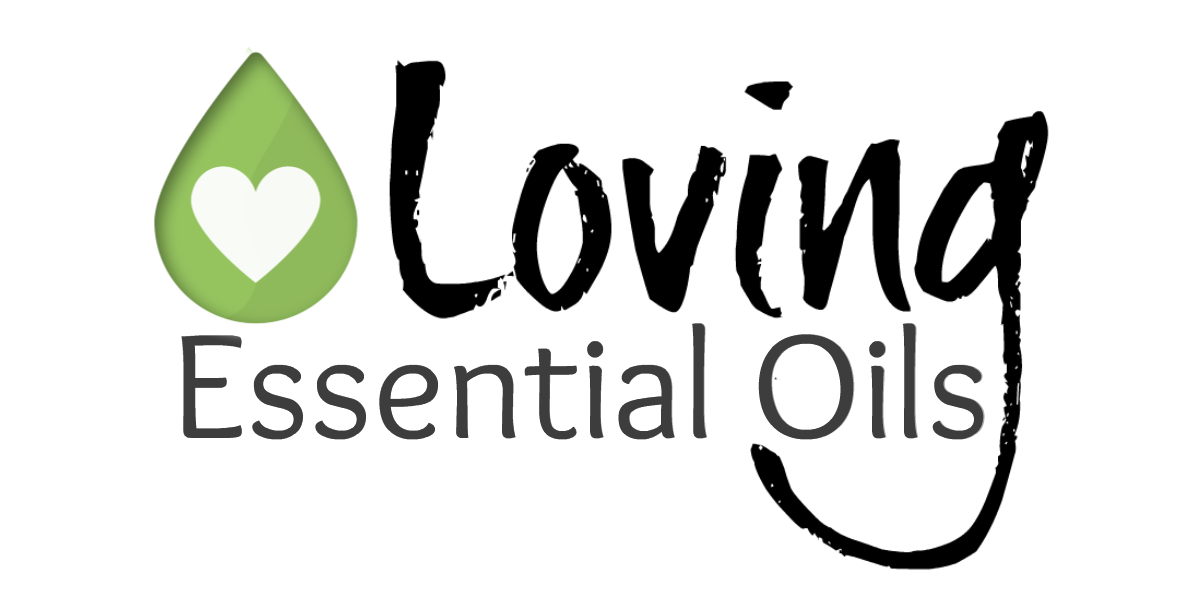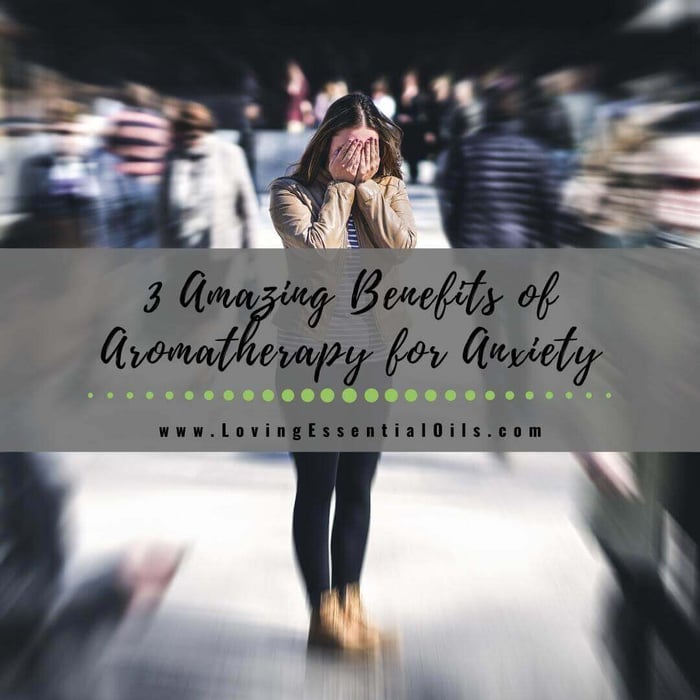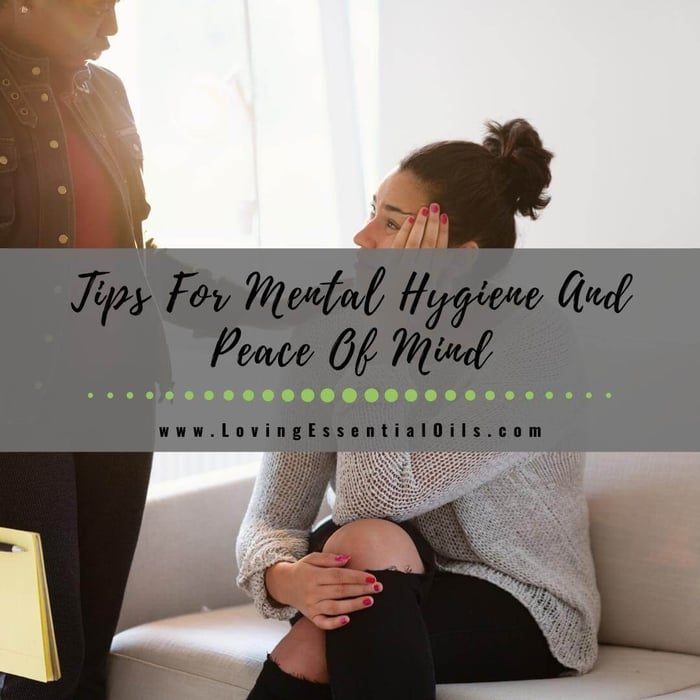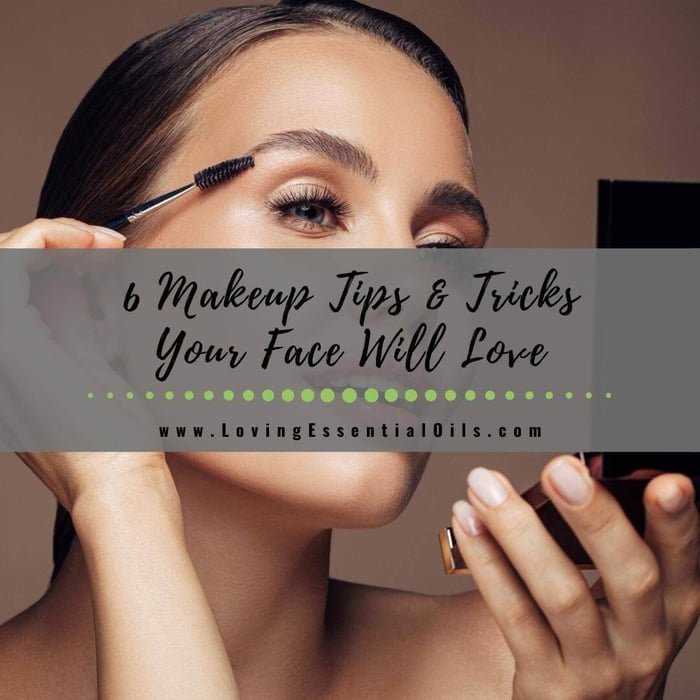Anxiety is a serious and widespread problem. It can be triggered by a number of things, including stressful situations at home or work. In addition to the emotional side effects, anxiety can also cause physical symptoms such as nausea, headaches, and muscle tension. Anxiety is the most prevalent mental illness in the United States. It affects more than 40 million adults in the country.
Are you looking for a way to manage your anxiety? Aromatherapy is a natural, holistic form of treatment that uses the scents and oils of plants to help you feel calmer, more relaxed, and more at ease.
Aromatherapy is a great way to reduce anxiety symptoms. It can be used as a supplementary method to help you feel better. Aromatherapy can't eradicate your anxiety entirely, though - you may still need to see a mental health therapist if aromatherapy isn't helping you.
If you are wondering how to find a therapist, then look for family recommendations and online reviews. If you know someone who had seen one before and had a good experience, then that could be a good place to start. You can also check online reviews on sites like Google Reviews to see what other people have said about their experience with their therapist.
Now, without further ado, let us delve deeper into aromatherapy and understand how it helps relieve anxiety.

Aromatherapy Is the Use of Essential Oils for Healing
Purposes Aromatherapy is the use of essential oils for healing purposes, and it has been shown to have a wide range of benefits.
Because essential oils are distilled from plants, they contain all of their natural beneficial properties. That means you get all the health-boosting effects without consuming any additional ingredients or fillers.
With the growing awareness about the benefits of essential oils, the total valuation of the essential oil market will reach $24,735.11 million by 2031.
Essential oils can be used in various ways to help treat anxiety, including:
Inhalation: Breath in the aroma of essential oil by placing a drop on your palms and rubbing them together to warm the oil, then inhale it deeply.
Massage: Apply a few drops of essential oil to your wrists or temples, or have someone else massage you with it.
Baths: Add a few drops of essential oil to a bath or add several drops to a dry bath puff for easy application.
Diffusion: Diffuse your favorite essential oil throughout the day (or night!) so that you can breathe it in every time you step into a room.
Reduced Depressive Symptoms
Aromatherapy is a natural way to reduce depression symptoms. It has been proven that aromatherapy can help the user feel relaxed, reduce anxiety and stress, and improve mood. The positive effects of aromatherapy are due to the release of endorphins, which are hormones that bind to receptors in the brain and help control pain signals. This process also reduces stress levels.
The essential oils used in aromatherapy have a positive impact on the body by stimulating nerves that send messages to the brain about how you are feeling. The smells can also relieve stress, anxiety, and depression symptoms by affecting your nervous system in positive ways, which can then lead to relaxation and reduced stress levels.
Aromatherapy is used as a treatment for many different types of illnesses, such as insomnia, headaches, nausea, depression, anxiety disorders, etc. It has also been proven to be effective when treating elderly people who suffer from dementia or Alzheimer's disease because it helps them focus on the tasks at hand instead of getting lost in their own thoughts.
In fact, a recent study discovered that older community-dwelling individuals experienced lower levels of depression, anxiety, and stress while using inhalation aromatherapy with lavender extract and essential oils of chamomile.
Better Quality of Life
If you're looking for a way to improve your quality of life, there's no need to guess.
Aromatherapy can help you feel better about yourself and the world around you.
Essential oils are made from plants, so they're naturally good for you, and they smell good too! When inhaled, essential oils can provide a calming effect that allows you to focus on the present moment instead of worrying about the past or future.
Essential oils can also help bring you into the present by reducing stress and anxiety.
When used with other techniques, such as meditation or yoga, essential oils can help relieve symptoms of depression and anxiety disorders by reducing feelings of stress and tension.
Essential oils are also great for improving sleep quality because they promote relaxation before bedtime. This means you'll get more restful sleep and wake up feeling refreshed.
Improved Mood and Self-Esteem
One great benefit of aromatherapy is that it can improve mood and self-esteem. Aromatherapy can help you feel better about yourself, which will, in turn, make you feel happier and more confident.
When we're stressed, our bodies produce more cortisol, a hormone that makes us feel anxious, worried, and tense. Aromatherapy helps reduce the level of stress hormones in our bodies, leaving us feeling calm and relaxed.
The sense of smell is connected directly to our limbic system or "emotional brain". When we inhale a pleasing aroma like lavender or rosemary, it stimulates a part of the brain that helps us relax. This effect can be especially beneficial for individuals experiencing anxiety symptoms because they will feel less tense and more able to manage their emotions as well as their physical symptoms.
Summing Up Benefits of Aromatherapy for Anxiety
Aromatherapy is a great way to relax and ease anxiety. It has the power to help you take a break from the hustle and bustle of everyday life, and it can even help you sleep better.
If you're experiencing anxiety, try lighting some candles or putting on some essential oil diffusers. You can also use aromatherapy in conjunction with traditional medication to make sure that your treatment plan is as effective as possible. It can help you find a little peace in an otherwise chaotic world.
Share on Pinterest







